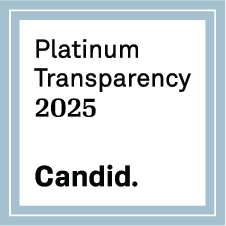LECLARA: Sustainable Tourism Through Local Mapping in Ghana
Community-Led
Teaching youth meaningful skills while improving the local tourism industry
2019 Microgrant
Leclara introduced community-run, sustainable tourism initiatives in Larabanga, Ghana, in order to generate revenue at the local level. A prerequisite for successful tourism is having a map of the community. Leclara plans to train groups of youth in the region on open mapping, conducting regular exchanges with experienced mappers from OSM Ghana. Using OpenStreetMap, Leclara aims to build a meaningful source of sustainable income and new pathways for youth to gain skills that unlock future job opportunities.
About the community
Since 2006, the community organization LECLARA, with support from various external sources, has dedicated itself to cultural and social work: keeping alive indigenous customs, legends and rites (e.g. through organized storytelling sessions and youth work) while successfully improving educational infrastructure and access (with particular emphasis on schooling for young village girls) in Larabanga, Ghana. Larabanga is a Muslim community (pop. ca. 5000) in the Northern Region of Ghana, is the gateway to Ghana’s largest national park (Mole) and hosts the country’s oldest Sudanese-style mosque (ca.1421) and ancient Koran as well as a shrine (Mystic Stone), attracting tourists to the area.
LECLARA currently has 12 volunteer members. In 2016, it made a strategic decision to try to develop community-run, sustainable tourism in order to generate its own revenue in support of its stated goals. Despite difficult conditions (esp. Internet only via mobile networks) – starting from old satellite imagery and moving through several cycles of Field Papers exchanges with help provided by external coordinators of previous LECLARA projects -- initial OSM mapping was completed in the Spring of 2018. In August 2018, a coordinator offered an on-site workshop for OSM and MDC training for members of the LECLARA collective.






